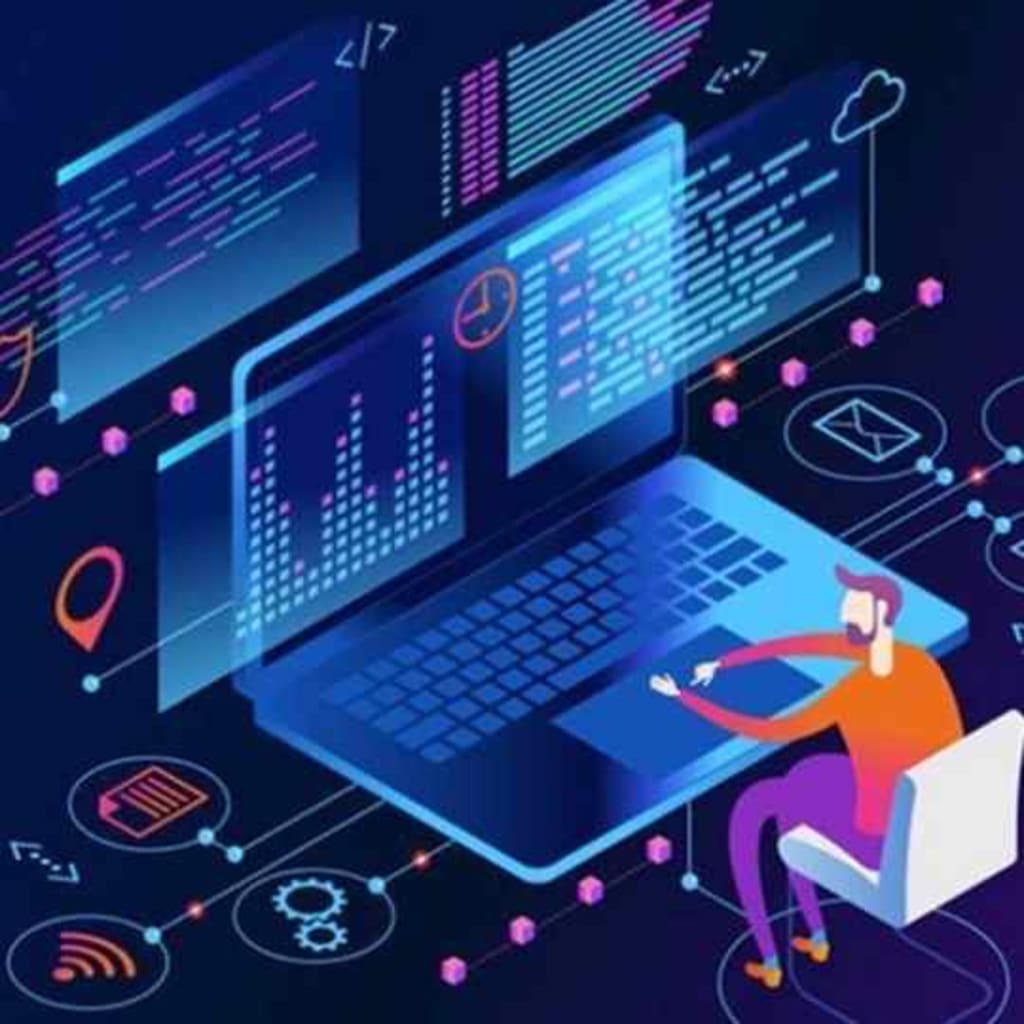Technology and the Future
Exploring the Impacts of AI on Human Life

As we stand at the precipice of a new technological era, the influence of artificial intelligence (AI) on our daily lives is undeniable. From personalized recommendations on our favorite streaming platforms to autonomous vehicles navigating our roads, the integration of AI has become ubiquitous. But as this technology continues to evolve, we must grapple with the far-reaching implications it holds for the future of humanity.
One of the most significant areas of AI's impact is on the job market. The automation of repetitive, labor-intensive tasks has the potential to displace countless workers, leading to widespread unemployment and economic upheaval. However, AI-driven technologies may also create new job opportunities in fields such as data analysis, software development, and machine learning engineering. The challenge lies in ensuring that the workforce is equipped with the necessary skills to thrive in this rapidly changing landscape.
Education systems will need to adapt, placing a greater emphasis on equipping students with versatile, future-proof skills, such as critical thinking, problem-solving, and creativity. These abilities will become increasingly valuable as machines take over more routine, algorithmic tasks. Lifelong learning and continuous skill development will be essential for individuals to remain competitive in the job market.
Beyond the workforce, AI's influence extends into our personal lives. The rise of smart home technologies, virtual assistants, and predictive algorithms has the potential to enhance our daily routines and optimize our decision-making. However, these advancements also raise concerns about privacy, data security, and the potential for AI-driven manipulation or surveillance.
As AI systems become more sophisticated, the line between human and machine decision-making may become increasingly blurred. Ethical considerations around the use of AI in sensitive domains, such as healthcare, criminal justice, and finance, will become increasingly crucial. Developing robust frameworks to ensure the responsible and transparent deployment of AI will be a key challenge for policymakers and technologists alike.
The integration of AI into our social interactions also merits careful examination. While AI-powered chatbots and virtual companions may provide companionship and emotional support, especially for individuals who are isolated or socially marginalized, there are concerns about the potential for these interactions to erode genuine human connections and emotional intelligence.
Furthermore, the rise of AI-generated content, such as deepfakes and synthetic media, poses significant risks to the integrity of information and the spread of misinformation. Combating the malicious use of these technologies will require innovative solutions, including the development of reliable digital forensics and authentication methods.
As the pace of technological change accelerates, the need for public understanding and engagement with AI becomes increasingly critical. Fostering open dialogues between technologists, policymakers, and citizens will be essential in shaping the ethical and societal frameworks that will govern the future of AI.
Ultimately, the future impact of AI on human life is not predetermined. It is up to us, as a society, to proactively address the challenges and opportunities presented by this transformative technology. By prioritizing the well-being of individuals, communities, and the environment, we can work to ensure that the integration of AI enhances, rather than diminishes, our shared humanity.
In the years to come, we may witness the emergence of AI-powered innovations that revolutionize healthcare, scientific research, and sustainable energy solutions. However, we must also be vigilant in safeguarding the fundamental human values of privacy, autonomy, and social cohesion. By striking a delicate balance between the benefits and risks of AI, we can harness its potential to create a brighter, more equitable future for all.
As we grapple with the profound implications of AI, it is crucial that we remain adaptable, curious, and committed to shaping a technology-driven world that serves the best interests of humanity. Only by embracing this challenge with wisdom, empathy, and a steadfast dedication to the common good can we truly unlock the transformative power of artificial intelligence and secure a future that is truly reflective of our shared hopes and aspirations.
About the Creator
Ali Demir
Ali Demir is an experienced technologist focusing on artificial intelligence and emerging technologies. With a broad spectrum of work ranging from mobile applications to blockchain and augmented reality technologies
Enjoyed the story? Support the Creator.
Subscribe for free to receive all their stories in your feed. You could also pledge your support or give them a one-off tip, letting them know you appreciate their work.






Comments (1)
Nicely done it Ali. Liked it.